
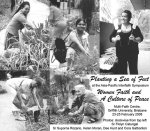 Walking Together for Peace and Reconciliation
Walking Together for Peace and Reconciliation
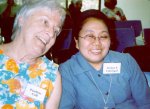 Networking Religious Congregations to Eliminate Human Trafficking
Networking Religious Congregations to Eliminate Human Trafficking
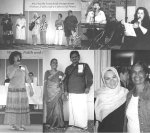 WHAT NOW — SORRY HAS BEEN SAID
WHAT NOW — SORRY HAS BEEN SAID
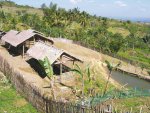 The Negros Nine Organic Farm
The Negros Nine Organic Farm
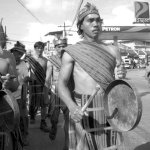 DIDIPIO UPDATE
DIDIPIO UPDATE
 DIDIPIO: Exploitation or Business?
DIDIPIO: Exploitation or Business?
 Big Sorry Day by Deborah Ruiz Wall
Big Sorry Day by Deborah Ruiz Wall
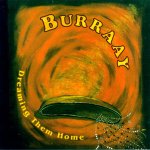 BURRAAY - Dreaming Them Home
BURRAAY - Dreaming Them Home
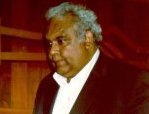 Let The Healing Begin
Let The Healing Begin
 Urgent reform to Indigenous policy and service delivery needed
Urgent reform to Indigenous policy and service delivery needed
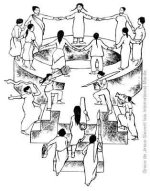 Resistances and Actions Summarise Women’s Month
Resistances and Actions Summarise Women’s Month
 Islamic New Year: Why Ahmad and Sarah matter in 2008
Islamic New Year: Why Ahmad and Sarah matter in 2008
 Milan
Milan
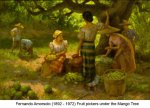 Bayan Ko
Bayan Ko
 Refugee Week
Refugee Week
 Working Against Trafficking in Persons
Working Against Trafficking in Persons Home | Aims and Objectives of Solidarity Philippines Australia Network | About Kasama
Home | Aims and Objectives of Solidarity Philippines Australia Network | About Kasama 
Search the SPAN Web